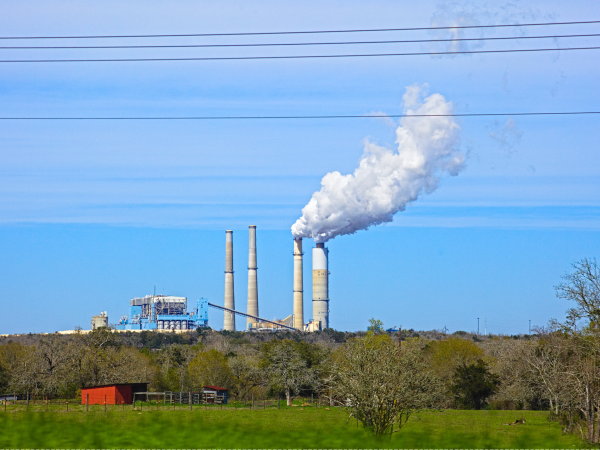

What are the dirtiest industries? Sometimes the most innocuous-seeming are the worst culprits. PopSci takes a look inside five of the sectors most responsible for unleashing destruction upon the planet.
And check out PopSci‘s complete coverage of the future of the environment at popsci.com/futurecity.











